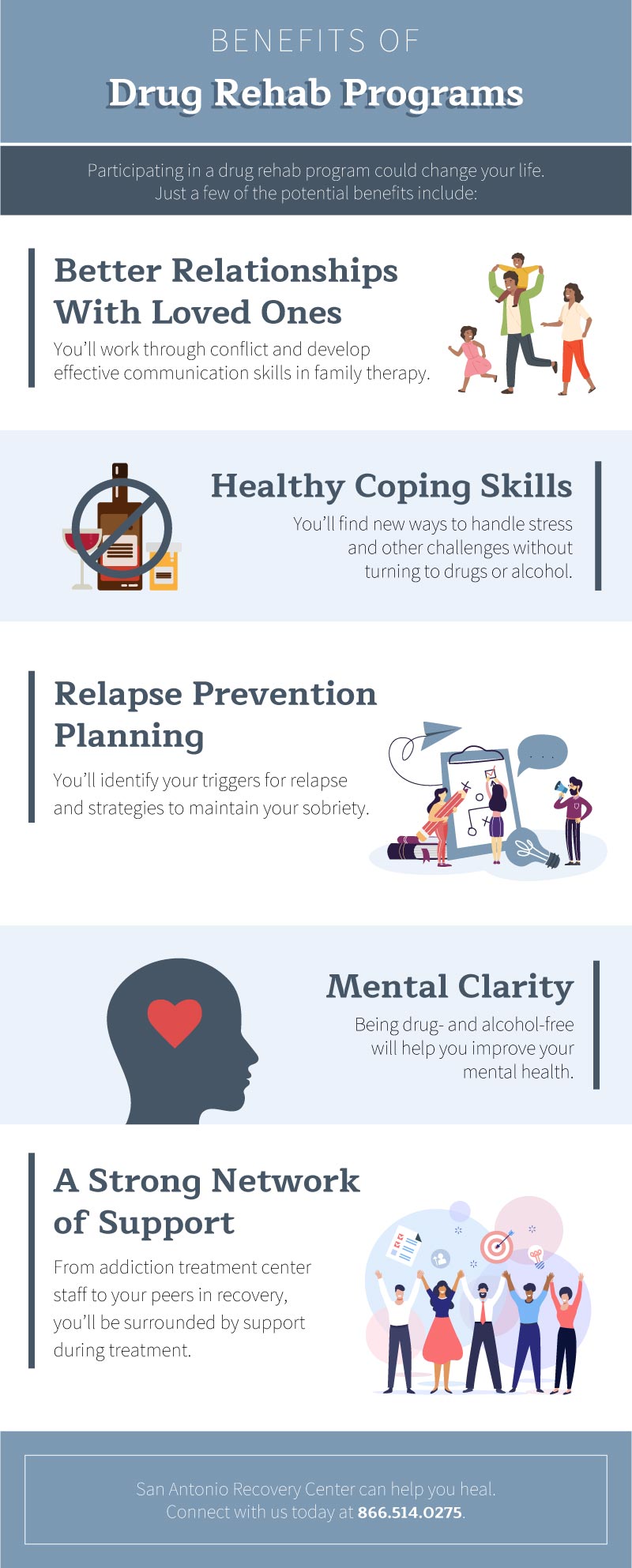Professional Assistance: Navigating Options for an Addiction Treatment Center
Professional Assistance: Navigating Options for an Addiction Treatment Center
Blog Article
Browsing the Trip of Detoxification in the Comprehensive Dependency Therapy Program
Beginning on the course of detoxification within the structure of an extensive dependency treatment program is a pivotal stage in the journey towards recuperation. The procedure of detoxing holds a considerable function in breaking the physical dependancy on compounds and preparing the individual for the subsequent phases of treatment. Nevertheless, navigating through detoxification is not just a matter of physical cleaning; it involves a complicated interplay of psychological, psychological, and social variables that require mindful consideration and assistance. As people come to grips with the difficulties of withdrawal symptoms and the unpredictabilities that exist in advance, having a durable assistance and a structured plan system in position becomes vital. In this discussion, we will explore the multifaceted aspects of detoxing within the comprehensive dependency therapy program and lost light on the crucial parts that form this transformative journey towards recuperation.
Relevance of Detoxing in Recuperation

Detoxing establishes the structure for the rest of the dependency treatment program by preparing the individual for additional therapy and counseling. By cleaning the body of compounds that have actually been clouding judgment and influencing behavior, detox makes it possible for clients to approach their healing with a clearer mind and stronger emphasis.
Moreover, detoxification assists in taking care of the potentially serious withdrawal signs and symptoms that might arise when drug or alcohol use is stopped. Physician very closely check patients during detox to guarantee their safety and provide necessary assistance. Via this procedure, individuals can begin their trip in the direction of sobriety with a stabilized psychological and physical state, raising the chance of an effective healing.
Comprehending the Detox Refine
Detoxing, an essential component of dependency therapy programs, includes a structured process targeted at securely removing dangerous compounds from the body to assist in an effective healing journey. The detox process generally begins with an examination to evaluate the individual's substance use history, physical health and wellness, and psychological health. This analysis assists health care professionals determine one of the most proper detox strategy customized to the individual's needs.
Throughout detox, the body undergoes withdrawal as it adjusts to the absence of the material. Withdrawal signs vary depending upon the sort of material utilized, the period of usage, and private variables. Clinical guidance throughout detoxification is vital to take care of withdrawal signs and guarantee the individual's safety and convenience.

Taking Care Of Withdrawal Signs And Symptoms

Medications might be made use of to minimize details withdrawal signs and symptoms and lower discomfort. For instance, medicines like methadone or buprenorphine can assist manage opioid withdrawal symptoms, while benzodiazepines might be made use of for alcohol withdrawal. It is vital for health care suppliers to carefully monitor the individual's feedback to these medicines to ensure their security and effectiveness.
In addition to medicinal treatments, supportive treatments such as counseling, peer support system, and alternative techniques like mindfulness meditation or yoga can assist people deal with the psychological and mental obstacles of withdrawal. By resolving withdrawal symptoms thoroughly, medical care providers can enhance the detoxing experience and support individuals on their journey to healing.

Support Systems Throughout Detoxification
Assistance systems play a vital duty in providing social and psychological support to individuals undertaking cleansing in dependency official website therapy programs. Throughout the detoxification process, people commonly experience a range of physical and mental withdrawal symptoms, making this stage difficult - Addiction Treatment Center. Having a strong support system in position can substantially impact the person's capacity to browse with detoxification effectively
Assistance groups provide a system for individuals to attach with others who are going via similar experiences, offering a feeling of community and shared understanding. Medical care experts, including therapists, physicians, and counselors, play a critical function in monitoring the person's progress, supplying medical support, and supplying support throughout the detoxification process.
Looking Ahead: Life After Detoxification
Having successfully completed the detoxing phase, individuals in addiction treatment programs currently concentrate on getting ready for the obstacles and opportunities that lie ahead in their journey in the direction of recuperation. Life after detox notes an essential transition period where individuals should continue to improve the progression made throughout detoxification to keep their soberness. It is essential for individuals to recognize that the journey towards recovery is ongoing and requires dedication, commitment, and a determination to accept modification.
One secret element of life after detox is the advancement of dealing mechanisms to take care of triggers and cravings that might emerge. This might entail learning new abilities, such as mindfulness methods, cognitive-behavioral strategies, and stress management methods, to navigate tough scenarios without considering material use. Additionally, individuals are urged to proactively involve in continuous therapy, support system, and aftercare programs to enhance their support network and obtain advice as they browse the complexities of life post-detox.
Conclusion
In verdict, detoxing is an essential component of the thorough dependency treatment program. Understanding the detoxification process and handling withdrawal signs and symptoms are necessary steps towards recuperation. Support group play a considerable role throughout this tough trip. Addiction Treatment Center. Looking ahead, life after detox holds guarantee for a healthier, substance-free future. It is necessary to identify the significance of detoxification in the process of getting over dependency and moving in the direction of a life of sobriety.
Clinical guidance during detox is crucial to these details handle withdrawal signs and symptoms and guarantee the person's safety and comfort.
By recognizing the detox process and its value in damaging the cycle of addiction, individuals can get started on a path in the direction of lasting recovery.
During the detoxification process, individuals usually experience a variety of physical and psychological withdrawal symptoms, making this stage difficult. Medical Website care experts, consisting of medical professionals, counselors, and therapists, play an important role in checking the individual's development, supplying clinical assistance, and providing advice throughout the detox process.
Life after detoxification notes an important transition period where people have to proceed to build on the progress made during detox to maintain their soberness.
Report this page